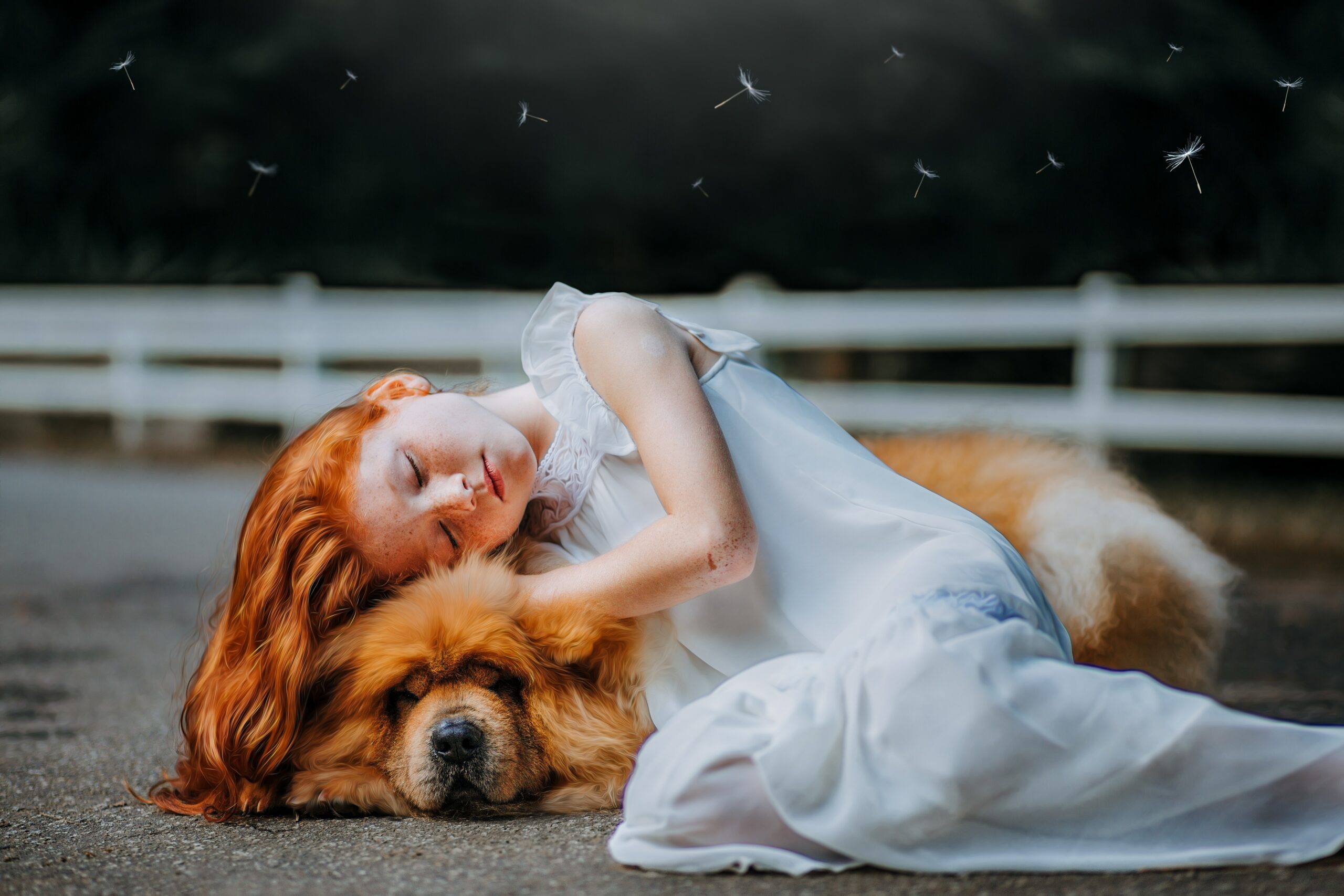A good night’s sleep makes for a good day. But for some people, the night can be a time of unpleasant events. Nightmares? Worse… night terrors. Phenomena that seem to be paranormal. But behind this astonishing manifestation lies a completely scientific explanation.
Nightmare or night terror
According to the Larousse dictionary, night terrors are parasomnias. In other words, a form of sleep disorder. A peculiarity specific to children, generally between 18 months and 4 years. That said, there are some exceptionally rare cases in adolescents and adults. Having said this, nightmares should not be confused with night terrors. Indeed, the former is the result of a temporary anxiety, whereas the latter, which is more serious, hides a real anguish. Moreover, night terrors mostly occur at the beginning of the night, 1 to 3 hours after falling asleep. As for nightmares, they occur at the end of the night.
Signs and manifestations
Night terrors can be recognised by the following symptoms: ● Screaming, even screaming. ● Agitation during which the child is disorientated and sweating. ● Signs of aggression. ● Dilated pupils with a blank stare. ● Intense fear. ● Nonsensical speech. Generally, episodes last a few seconds, but in extreme cases, they can last up to forty minutes. Children who experience them, are likely to sleepwalk from the age of 5. They may also wet their mattress, and in these cases, don’t be surprised.
The causes
In most cases, night terrors are hereditary. This means that the parents have also had problems during their childhood. Night terrors are part of the growing up process and a few factors can trigger them: ● Physical and mental stress that makes you anxious (moving house, starting school…) ●Asthma ● Fever. ● Lack of sleep or change of sleep habits ● Certain medications such as sedatives. ● Stopping naps.
Avoiding a night terror?
To prevent night terrors, it is important to think about re-establishing the child’s usual sleep and napping routine. Indeed, cases of fatigue can increase the risk of experiencing episodes. Secondly, it is essential to provide your child with a stable, calm and healthy environment. Also, consider breathing exercises, discussing accommodating and positive topics. Finally, avoid stressful situations.
What to do about night terrors?
When an episode occurs, it is imperative not to wake your child. If you do, he or she may become confused and fearful. If they wake up on their own, soothe them with a gentle voice. The next day, avoid talking about what happened, as this will make him/her worry unnecessarily. In addition to these tips, it is also advisable to turn to specialised products. There are various food supplements available on the market. Among the most effective are: ● Solaray Griffonia 5-HTP 50 mg 60 capsules, which is the ideal partner against depression. This one contains griffonia simplicifolia, a natural antidepressant that increases serotonin levels bringing serenity and good mood. ● Léro syrup for children from 3 years old Sleep 125 ml which reduces nervousness and promotes sleep. Its combination of ingredients of natural origin offers ideal relaxation for a restful sleep.





